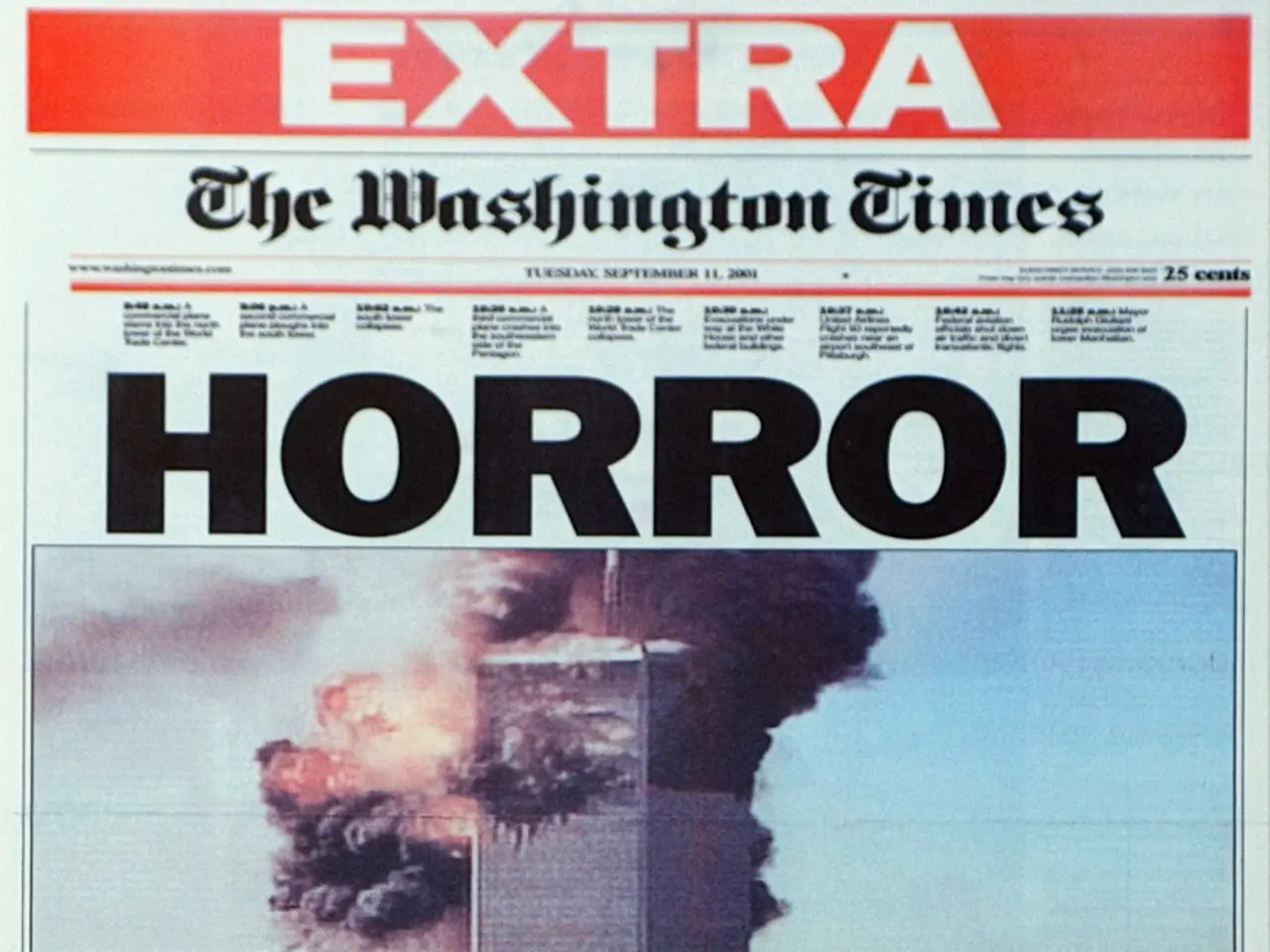# Extreme Openness: Unrestricted Assistance without Moral or Legal Bounds
The ongoing Ukraine war continues to be a source of international concern, with no formal agreement or ceasefire reached despite high-level meetings between the US and Russia.
Russian President Vladimir Putin and former US President Donald Trump met in Alaska on August 16, 2025, but left without a deal, with Russian forces continuing attacks during and after the talks. Putin reportedly insisted Ukraine must surrender control of Donetsk and Luhansk fully and abandon its NATO ambitions, while offering to freeze the front lines only in Kherson and Zaporizhzhia. The Kremlin’s position appears focused on retaining the four Russian-annexed oblasts (Donetsk, Luhansk, Kherson, and Zaporizhzhia), while continuing military offensives in other areas like Kharkiv and Sumy.
From the US and Ukraine side, President Volodymyr Zelensky has emphasized the need for a lasting peace and rejected prior territorial losses (Crimea and part of Donbas) as acceptable precedents. US envoys claim Putin allowed the US and European allies to offer Ukraine security guarantees similar to NATO’s Article 5 collective defense clause, which would be a major concession, though this has not translated into an agreement yet. Zelensky is meeting with Trump and European leaders to coordinate a shared strategy to push Russia towards peace.
British intelligence reports that Russian forces have captured approximately 500 to 550 square kilometers of Ukrainian territory in July 2025, and are close to completely encircling the city of Pokrovsk in the Donetsk region. The capture of Pokrovsk, a major transport and railway hub, could significantly disrupt Ukrainian supply routes along the eastern front if they gain control over the city.
The Nordic and Baltic states have expressed their firm support for Ukraine's sovereignty, independence, and territorial integrity. Azerbaijan could potentially lift the ban on arms supplies if Russia continues to attack targets in Ukraine linked to Azerbaijan.
Amidst this, the question of how to proceed in territorial issues and regarding possible security guarantees for Ukraine may arise after a ceasefire. Ukrainian Ambassador to Germany, Oleksii Makeiev, emphasizes that the search for a peaceful solution in the Ukraine conflict should not solely focus on territorial questions, but also on people.
As expectations remain cautious on both sides, the situation remains a deadlock with ongoing fighting and political wrangling, and further negotiations are planned but uncertain in outcome. Ukrainian Ambassador to the US, Oksana Markarova, expects the US to approach talks with Russia "from a position of strength."
Meanwhile, the governor of the Saporischschja region, Ivan Fedorov, announced that the Russian military attacked the city with guided bombs, injuring at least 19 civilians and causing damage to civilian infrastructure. The Ukrainian Air Force reportedly destroyed a Russian command center near Oleshky in the occupied Kherson region, killing 25 Russian soldiers and injuring 11.
The decision to attend the meeting in Alaska will be up to Trump. Two people were killed in a Ukrainian drone strike in Tula, Russia, according to Russian reports. Russia has reportedly advanced the development of medium-range missile systems during a moratorium on their deployment.
In a hopeful sign, a US representative suggests that Ukrainian President Volodymyr Zelensky could potentially attend the upcoming summit between US President Donald Trump and Russian leader Vladimir Putin on Friday. Ukrainian Ambassador to Germany, Oleksii Makeiev, emphasizes that the search for a peaceful solution in the Ukraine conflict should not solely focus on territorial questions, but also on people.
As the world watches, the future of Ukraine hangs in the balance, with both sides holding firm to their positions.
- Regarding the ongoing Ukraine war, the Community policy of the international community should emphasize seeking a lasting peace, as both Russia and Ukraine continue their political wrangling and military offensives, with no formal agreement or ceasefire reached.
- Employment of diplomatic strategies becomes crucial in the context of war-and-conflicts, as demonstrated by the high-level meetings between the US and Russia, and the coordinated strategy being developed by President Volodymyr Zelensky with Trump and European leaders to push Russia towards peace.








